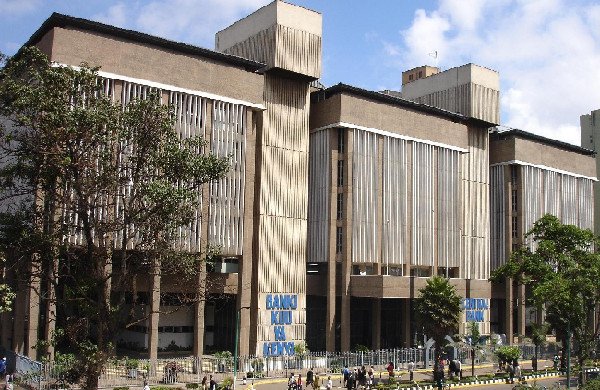Kenya's central bank left its Central Bank Rate (CBR) at 10.0 percent, citing mild inflationary pressures, and the need for more "conclusive information" on prevailing domestic and global economic uncertainties.
The Central Bank of Kenya (CBK), which has cut its rate by 150 basis points following cuts in May and September, said global growth prospects remain fragile in the wake of the U.K. Brexit decision and political developments in the U.S. and "uncertainty relating to the tightening of U.S. monetary policy and its implications for global capital flows remain a concern."
The CBK said there still wasn't enough data on the impact of the decision by Kenya's government to impose a cap on banks' lending and deposit rates for form a "conclusive analysis," and it was closely monitoring developments.
As of Sept. 14, lending and deposit rates at Kenya's banks were capped at 4 percentage points above the central bank's CBK rate.
The exchange rate of Kenya's shilling has weakened only slightly in recent months despite speculation that it could take a hit from the government's decision to impose a cap on banks' rates.
The shilling was trading at 101.9 to the U.S. dollar today, up 0.4 percent this year, with the central bank saying the foreign exchange market had remained relatively stable despite global volatility following the U.S. Presidential elections and the seasonal rise in demand for foreign exchange by corporates to finance dividend payments.
While the government imposed the limit in an effort to boost local lending, there were fears that it could unnerve investors and lead to a shift into foreign currencies.
Local banks criticized the limit, saying credit may dry up if they can't price loans according to risks, and the International Monetary Fund (IMF) expressed its concern over the measure, saying experience from other countries shows rate controls are ineffective, give rise to unintended negative consequences and can lead to lower economic growth and undermine efforts to reduce poverty.
"In addition, interest rates limits undermine the effectiveness of monetary policy aimed at ensuring price stability and supporting sustainable economic growth," the IMF said on Nov. 4.
The central bank's stock of foreign exchange reserves of US$7.305 billion - down from $7.803.6 billion in September - along with the precautionary arrangements with the IMF of $1.5 billion "have continued to provide adequate buffers against short-term shocks," the CBK said.
Kenya's inflation rate rose slightly to 6.47 percent in October from 6.34 percent in September, but remains within the government's target range of 2.5 to 7.5 percent.
Kenya's economy grew by an annual rate of 6.2 percent in the second quarter of this year, up from 5.9 percent in the same 2015 quarter and the first quarter, and while the non-bank private sector remains optimistic for higher growth this year, the central bank said "banks were cautious as they continue to monitor the potential impact of the capping of interest rates."







































